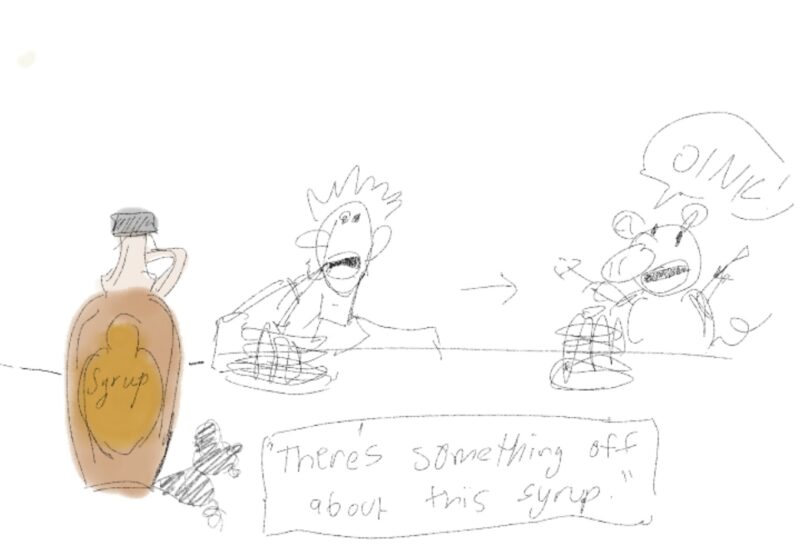The Frederick Douglass Institute for African-American studies continued its annual video series Wednesday with a showing of “Liberia: America’s Stepchild.” The video, which shows the history of Liberia from its founding to the recent civil war of the 1990s, fit in with this year’s theme of focusing on the issues of Modern Africa. The showing occurred in Morey 301, as have all others.
“It’s a new perspective, because you don’t really see these things in the media,” junior Michael Groves said.
The film series shows movies every other week, and they are selected by the Douglass Institute’s Post-Doctoral Fellow to fit in with the annual theme. Later this year, films will be shown on Lesotho and the Gambia, countries that have been developing, for the most part, peacefully.
“We’re going to go back to Africa [after spring break] and look at peace,” Douglass Institute Post-Doctoral Fellow Ramla Bandele said. The last two films featured Liberia and Sierra Leone, countries recently experiencing civil strife.
On March 19, the Douglass Institute will show “When the Lion Wrote History,” a diversion from the series, in preparation for a conference on Frederick Douglass being held at UR March 27-29.
Attendance has varied. Only 7 people attended the showing on Wednesday, while a film on reparations to the descendants of slaves brought more people than could fit in the screening room. The films are followed by a chance for group discussion.
Director of Diversity Enhancement for UR Admissions Darryl Boone says that he has tried to come to the events whenever possible. “We need to talk about what’s going on more,” he said.
The film on Wednesday focused on Liberia, the oldest democracy in Africa. The country was founded in the 1820s by the American Colonization Society. Free blacks from the Northern United States were encouraged to go back and resettle this area on the south coast of Africa.
“[Slaves and other blacks] didn’t say, ‘let’s go back home because I’m tired of this,'” Bandele said. Southern slaveowners encouraged the move as a way to get free blacks out of America, while many of those who eventually settled the new colony thought that they had no chance of achieving freedom in the United States.
Over time, the country started to develop, and it became independent in 1847. After World War II, the country was led by popular president William Tubman, who would eventually serve as president for life of an increasingly dictatorial Liberia.
The title of the movie refers to the special relationship between the United States and Liberia. Over the years, the U.S. has alternated between helping the country and leaving it alone, but has in general seen it as a closer friend in Africa. During the Cold War, successive leaders played the role of a Cold War ally, opposing the Soviet Union.
When the country fell into civil war at the collapse of Samuel Doe’s military regime, however, the United States played little role in the conflict, not wanting to be accused of supporting either side.Near the close, the film summarized the uncertain place of the country.
“Liberia may be a stepchild of America, but it is also a rightful daughter of Africa,” it said.
The Douglass Institute purchased the video, and it should be available shortly in the Multimedia Center.
Brown can be reached at cbrown@campustimes.org.





